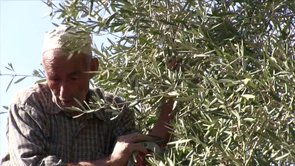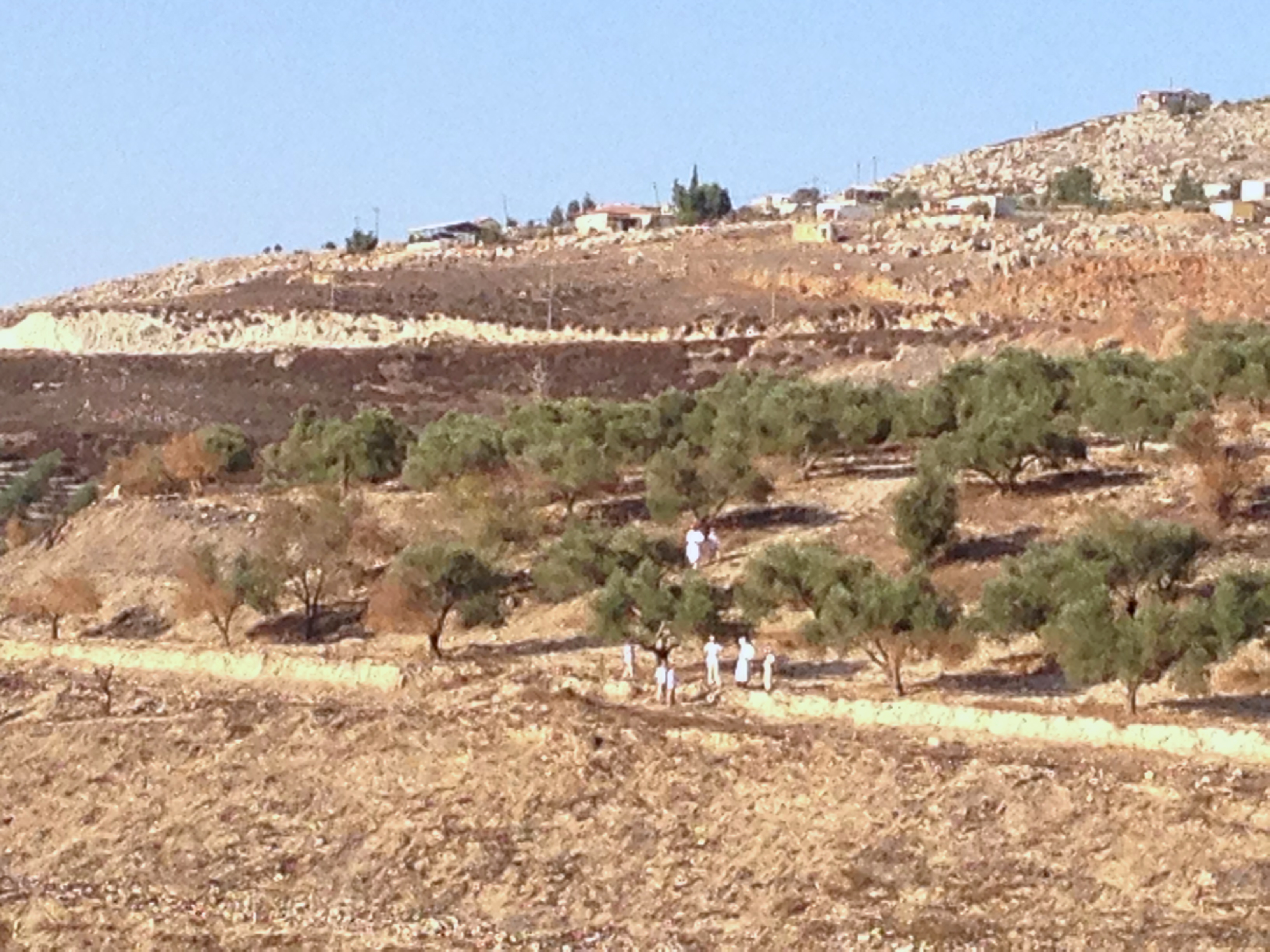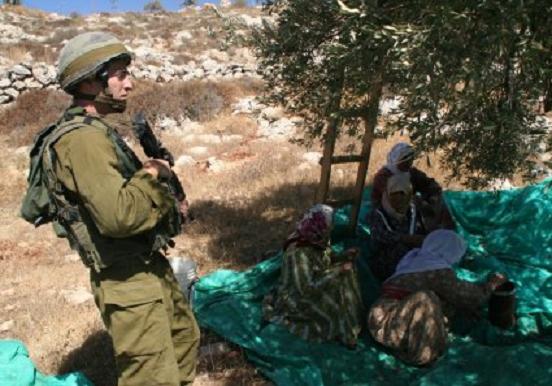Tag: Settler harassment
-
Settler intimidation in Kafr Qalil
24th October 2013 | International Solidarity Movement, Nablus Team | Kafr Qalil, Occupied Palestine Yesterday, Wednesday the 23rd October, a Palestinian farmer and his family were olive picking in Kafr Qalil together with international activists. Close to the fields is the illegal settlement of Bracha and one settler aggressively intimidated the farmer until he left the area.…
-
Illegal Israeli settlers attack Palestinian farmer attempting to harvest almonds
14th September 2013 | International Solidarity Movement, Nablus Team | Kafr Qalil, Occupied West Bank Late Friday night we received a call to accompany a farmer to harvest almonds early the following morning in Kafr Qalil, a village south of Nablus. This is a completely normal activity, harvesting crops when they are ripe and ready-to-pick;…
-
Call to action: Join ISM for the 2013 Olive Harvest Campaign
22nd August 2013 | International Solidarity Movement | Occupied West Bank At a time of regular settler violence in the West Bank, the International Solidarity Movement (ISM) is issuing an urgent call for volunteers to join us for the 2013 Olive Harvest Campaign at the invitation of Palestinian communities. The olive tree is a national symbol for…



